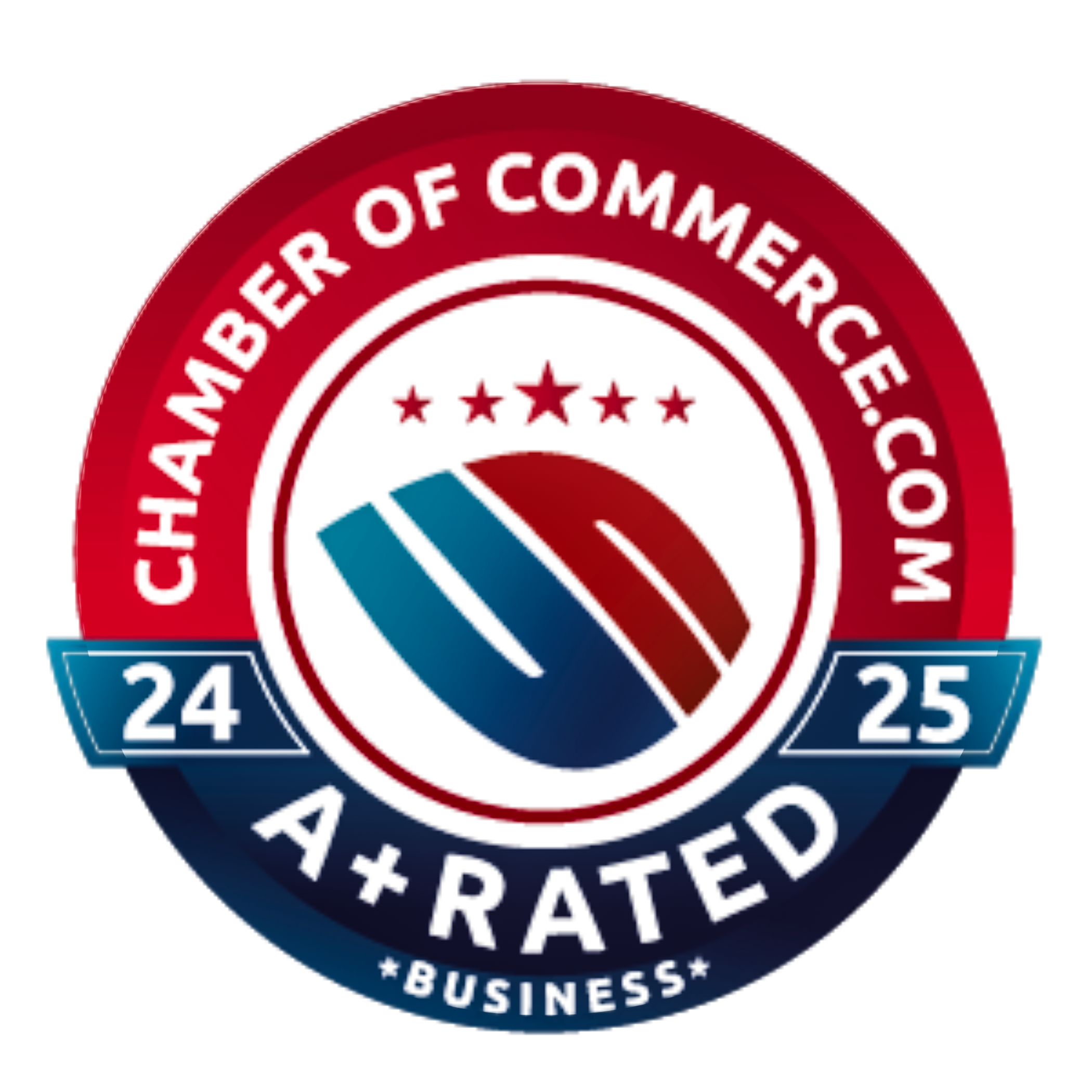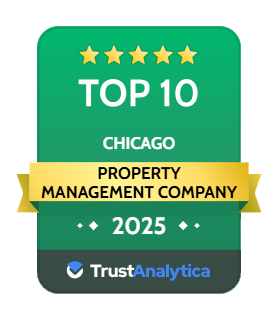Hi everyone! Jason Marcordes here with Landmark Property Management and today we’re discussing the top 10 lease clauses you MUST have in your lease. These are all things we’ve learned the hard way from managing thousands of units over the last decade. This is a high level overview but if you want the actual lease language stick around to the end and I’ll let you know how you get our free lease clause resource which includes the top 10 clauses we’re discussing today, plus another 5 additional clauses. Again, these are verbatim from the leases we use, so you can literally copy and paste them into your current lease agreement. One quick note on that, a lease is a legal document. I am not an attorney, nor is any of this legal advice so if you’re going to add any of these into your lease, please check with your attorney beforehand. Alright, let’s dive in.
Lease Clause #1: Break Lease Fee - Years ago we had issues with tenants just moving out because their circumstances have changed with no regard to the lease. As you can imagine our landlord clients were not happy. We may have only been 3-6-9 months into the lease and now we need to turn the unit again and re-rent it which, as you can imagine, is expensive. We added a clause stating that if you break the lease for any reason, there is a 3-month break lease fee, and suddenly the number of mid-lease move outs dropped significantly.
Lease Clause #2: Sublet Fee - This clause states that the tenant can’t sublet the unit without our permission. This helps prevent the tenants from leaving and renting the unit to an unqualified person that ultimately we’re going to end up having to evict. Now, one quick note here - we’ve found that sometimes a tenant’s situation legitimately changes and it’s no longer feasible to have that tenant occupy the space. In this scenario, we’ve been able to allow the tenant to sublet the unit with the understanding that we underwrite the new tenant just like any other applicant. In our experience, this is usually a win-win by allowing the tenant to move out and at the same time keeping the turnover and leasing fees to a minimum for the Landlord.
Lease Clause #3: Maintenance Charges - In general, we’ve found that the more up front and transparent we are on the front end, the less pushback we typically get. This is key when trying to charge maintenance items back to the tenant. If you’re planning on doing this, which we do recommend, make sure you have outlined in the lease a long with the most common maintenance items and their estimated costs. This sets the tone with tenants and they usually put forth a little more effort on taking care of minor maintenance items before calling you.
Lease Clause #4: Maintenance Cancellation Charges - This is one of my favorites. For whatever reason, people don’t seem to value your time as much as they do theirs. After countless occasions of having our maintenance technicians show up to units only to be turned away because the tenant isn’t home or it’s no longer convenient for them, we implemented a maintenance cancellation charge. This states that if you schedule a maintenance appointment and cancel it less than 24 hours in advance, you are going to get charged for it. This helped improve our maintenance scheduling because we have much fewer return visits. This can also be modified to include other appointments such as inspections and showings.
Which brings me to:
Lease Clause #5: Access Clause: This outlines when you can access the unit, for what purposes, and how you deliver notice. Typically the notice has to be in writing and depending one the local municipality, 24 to 48 hours notice is required. We find that this clause can be very important if you are showing the unit at the end of the tenant’s lease term while it’s occupied. The clause should also state that you have the right to immediate access in the event of an emergency.
Lease Clause #6: Security Deposit Return Clause: For whatever reason, security deposits can be a source of contention between tenants and landlords. This is another spot that we recommend being as up front and transparent as possible by listing the most common repairs and what they cost. Most tenants are out of touch with what third party vendors charge so it’s good to have it in writing ahead of time so they don’t get sticker shock when the repair charges come in. A lot of tenants also seem to think they get their security deposit refund as they’re handing over the keys. This clause is a good place to outline the timeline of when and how they will get their security deposit back.
Lease Clause #7: Month to Month or Renewal Clause: Most tenants like the flexibility of not being locked into a long term lease. If you don’t have the proper renewal clause in your lease, it can be very tough to get tenants to respond to lease renewals, especially when you’re raising the rent. Our clause states that if they don’t respond, they will go month to month with a 25% rent increase. As you can imagine, this motivates them to respond and either sign the lease renewal with a modest rent increase or give us the proper notice for move out.
Lease Clause #8: Pet Clause: I don’t know what the actual number is but something like over 50% of renters now have pets. The number is pretty crazy. So if you don’t have a pet policy in place, you’re bound to run into issues here. We’ve found it best to state that there are absolutely no pets allowed unless previous approval from the management company and then include a one time fine along with a per diem fine. This typically motives the tenant to go about adding their pet to the lease in the right way.
Lease Clause #9: Service of Notice Fee: This clause states that if we have to serve a notice for any reason, whether it be for unpaid rent, breach of lease, non-renewal, or anything else, that cost is covered by the tenant. Nothing is more frustrating to a landlord than paying for notices being served to a tenant who is already not paying rent. We try our best to put this cost back on the tenant whenever possible.
Lease Clause #10: Tenant Maintenance Responsibilities Clause - This clause outlines the routine maintenance responsibilities of the tenant and the associated charges if the management company or landlord has to step in and get involved. This should involve things like changing the furnace filter, moving the lawn, snow removal, and more. The key here is to charge a multiple of market cost so the tenant actually performs the routine maintenance themselves and doesn’t utilize your services. If you charge market rate to cut the lawn, there is no incentive to the tenant doing it themselves or hiring a lawn service. However, if you’re charging double what it would cost to get a lawn service provider out there, you likely won’t have to step in and cut that lawn.
Alright, I know this was a lot but I hope it helped! If you want a copy of our lease verbiage of these 10 lease clauses, along with 5 additional clauses, click the link below and I will email that over to you. If you have questions about any of this, don’t hesitate to reach out. Consider us at Landmark Property Management a resource, we’re always happy to help. Feel free to check out our website at ChicagosPropertyManagement.com or give us a call.
CLICK HERE FOR ACCESS TO OUR TOP 15 LEASE CLAUSE BONUS RESOURCE!





.png)


